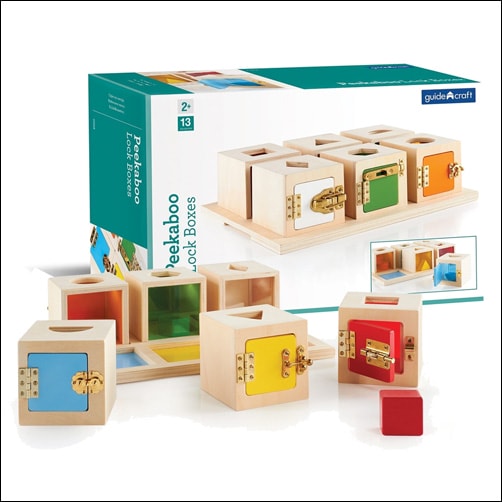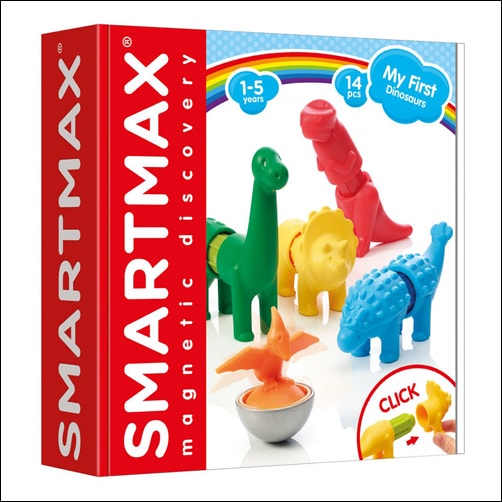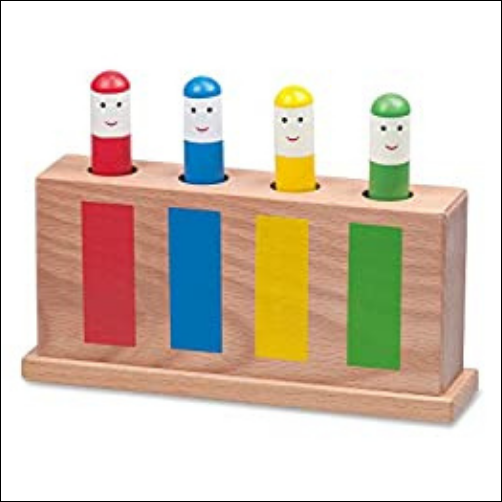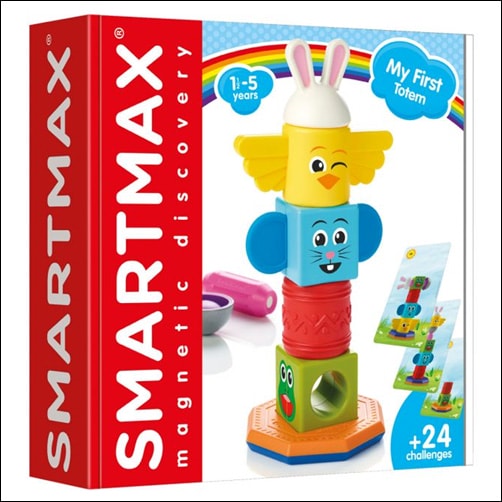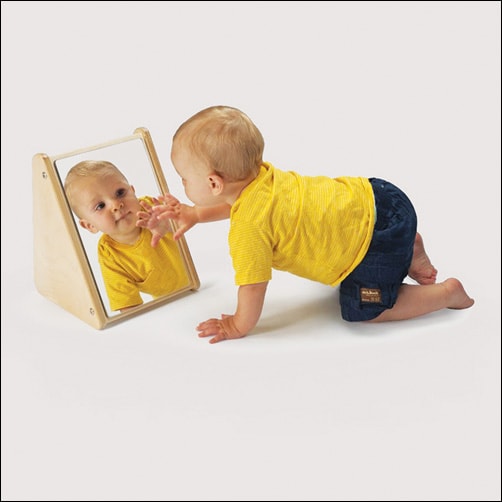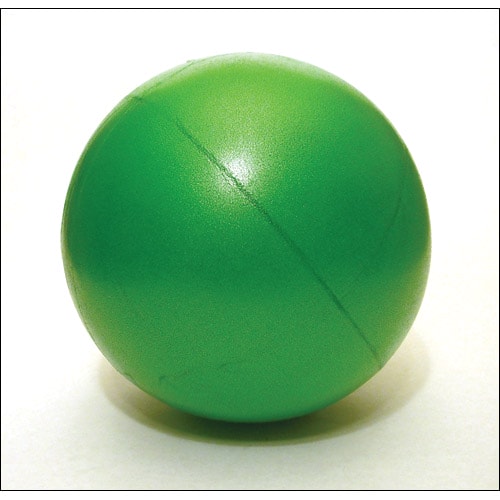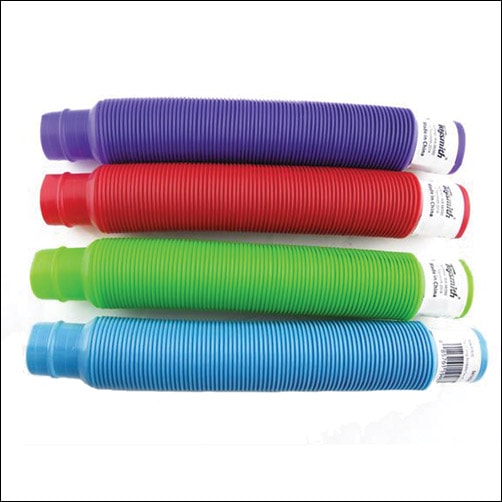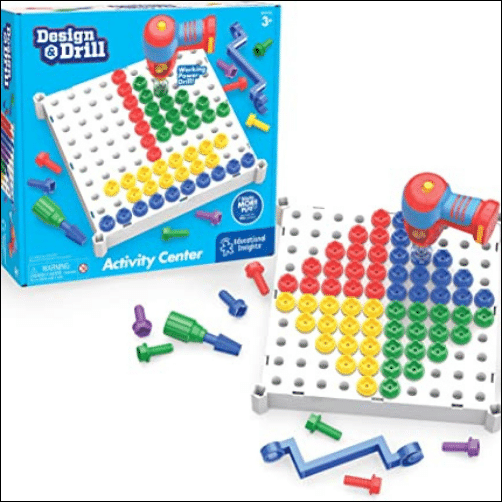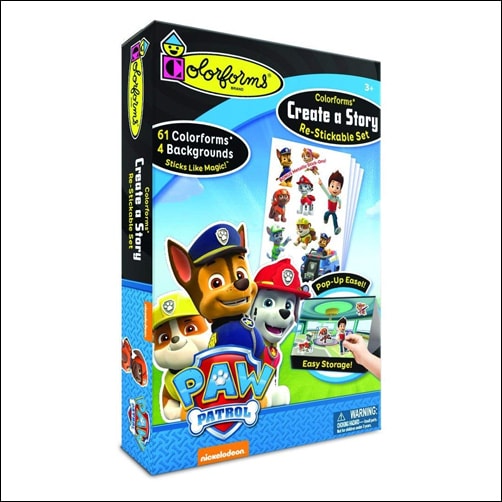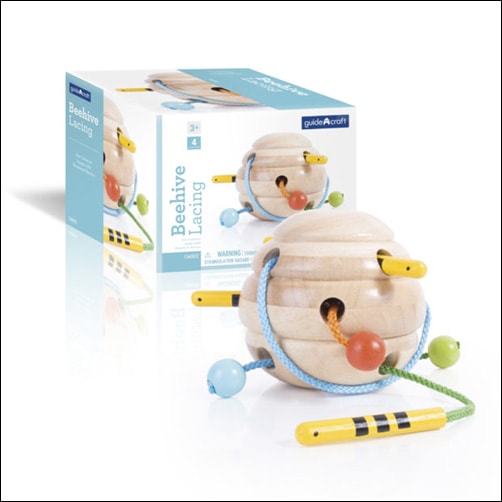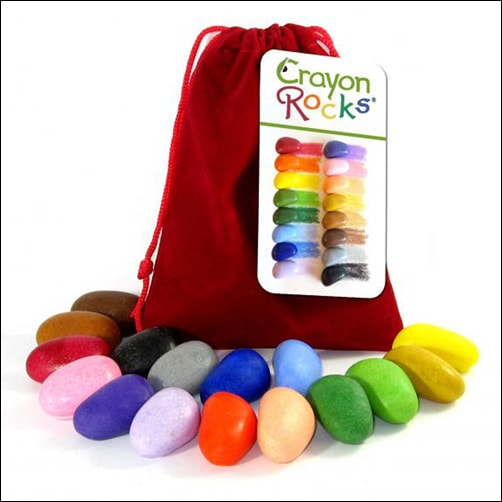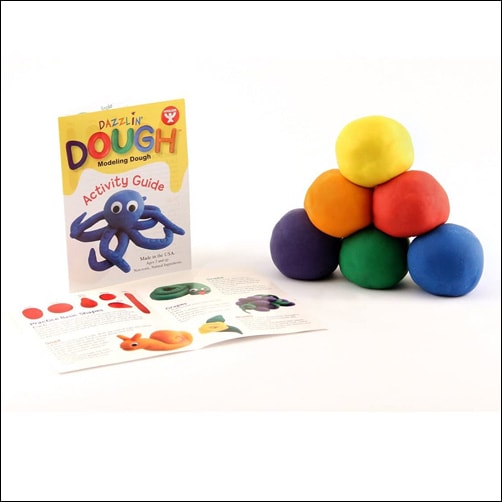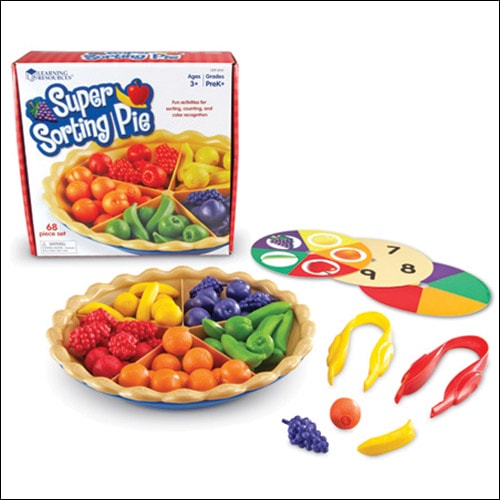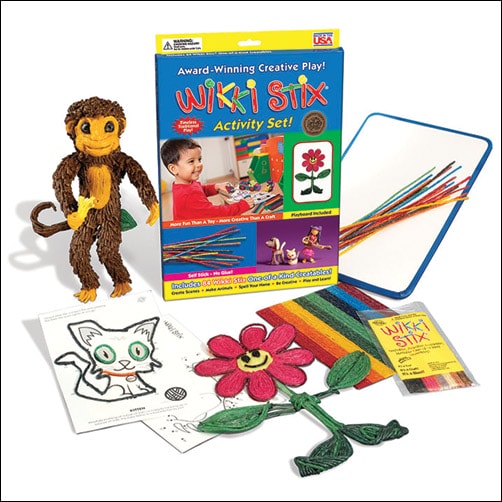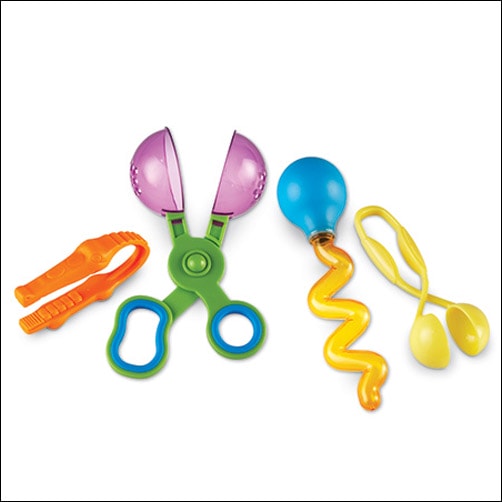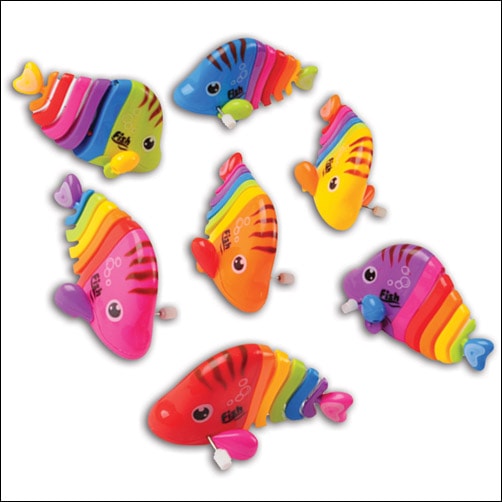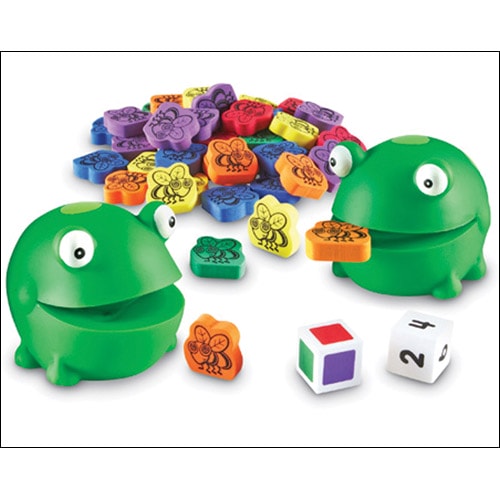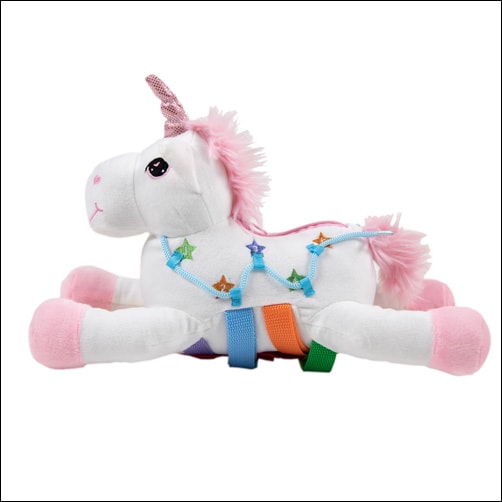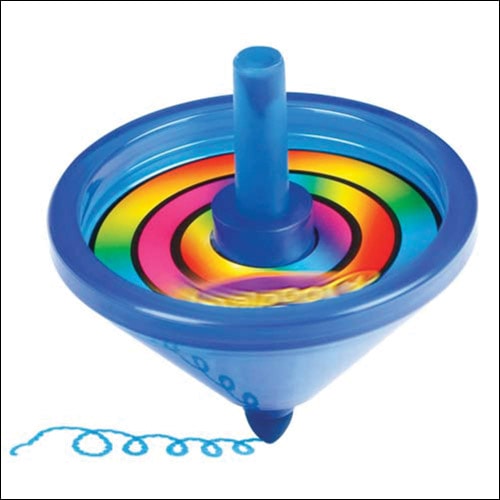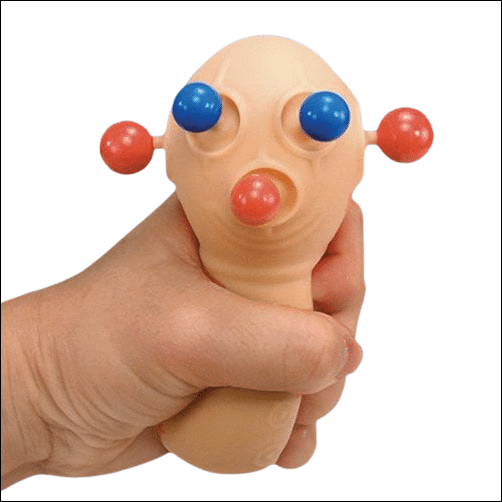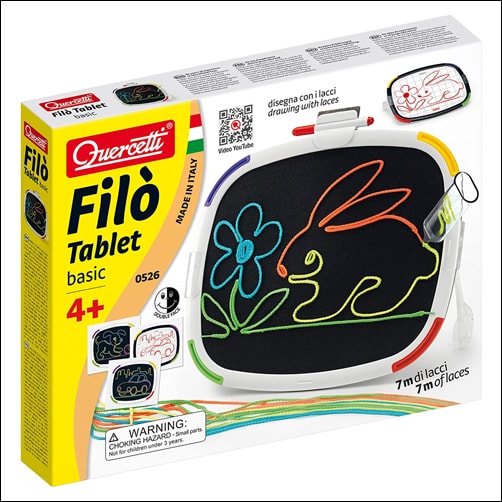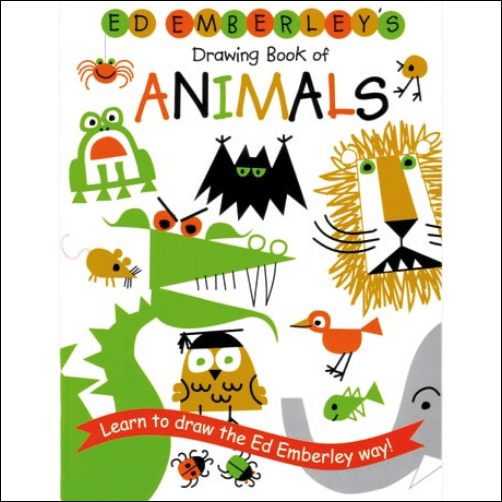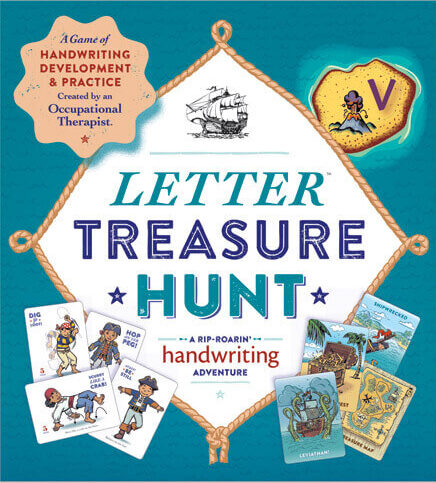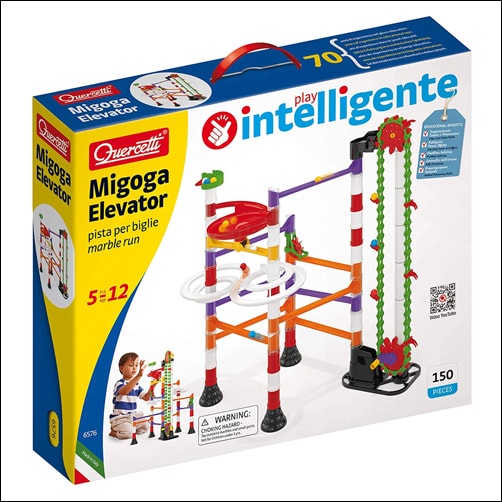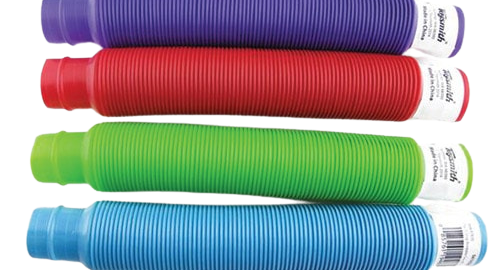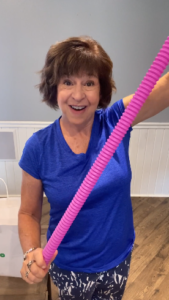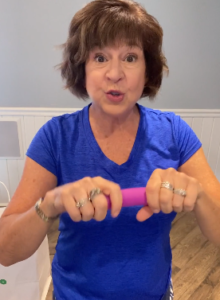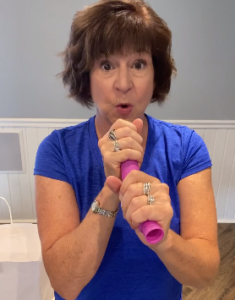As we make the transition out of the year 2022 and into the year 2023, the team at Therapro took a moment to reflect on some of the many accomplishments that made the previous year great. The numbers say it all!

Live and in-person conferences started to gain traction again in 2022, and the Therapro team was excited to get back out there. Therapro joined attendees at 3 in-person conferences and 1 virtual conference this year. In 2023, we hope to continue to build on that momentum. We are excited to explore new conference opportunities, including ATIA 2023, where we plan to exhibit our latest and ever-growing selection of assistive technology products.
Therapro had the opportunity to support 30 different organizations through donations in 2022. As a team of therapists, supporting our professional state organizations has always been one of our core missions. Through 2022, Therapro received requests for support from professional organizations like the Kansas Speech-Language Hearing Association, the Washington Occupational Therapy Association (WOTA), the Texas Occupational Therapy Association (TOTA), the Massachusetts Occupational Therapy Association (MAOT), and the New Hampshire Occupational Therapy Association. 2022 also brought us some unique opportunities to help. Boxes full of the games Trunks and Novenops made their way to to a group supporting the Marshall Fire victims in Boulder Valley, Colorado and many chews were sent to support a service trip to Belize.

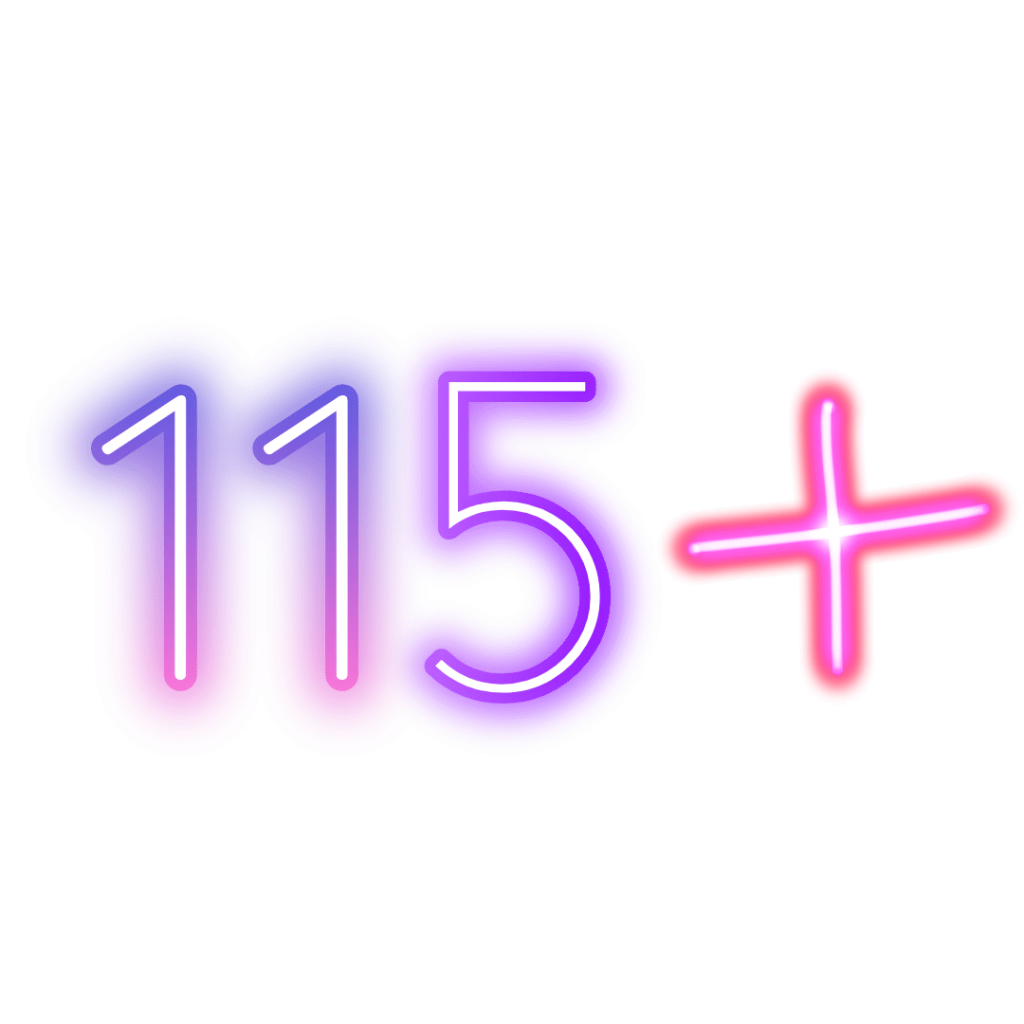
Ensuring our professionals and parents have access to the most up-to-date products available is a top priority at Therapro. Over the last year, Therapro added over 115 new products to our website including Happy Senso, My Motor Mats, the Busy Bee Sensory Plush, Just Right! A Sensory Modulation Curriculum®, and Comfy Chairs. With this, we have expanded the selection of the products available in our articulation, social language, and math categories. We have also worked toward making sure the most updated versions of publications are available including, Is It Sensory Or Is It Behavior? 2nd Edition. New products are added often. Be sure to check the new products section of our website regularly for updates!
Staying connecting is important to all of us at Therapro. Our many social media outlets have allowed us to stay up to date on what is happening on the ground and has provided us with the opportunity to share Therapro updates as they are happening. In 2022 we shared 600+ posts across our LinkedIn, Twitter, Pinterest, Facebook, and Instagram pages. We have also sent out 50 Theragrams, our biweekly newsletter. Stay connected with us by following @Therapro and signing up for our Theragram!

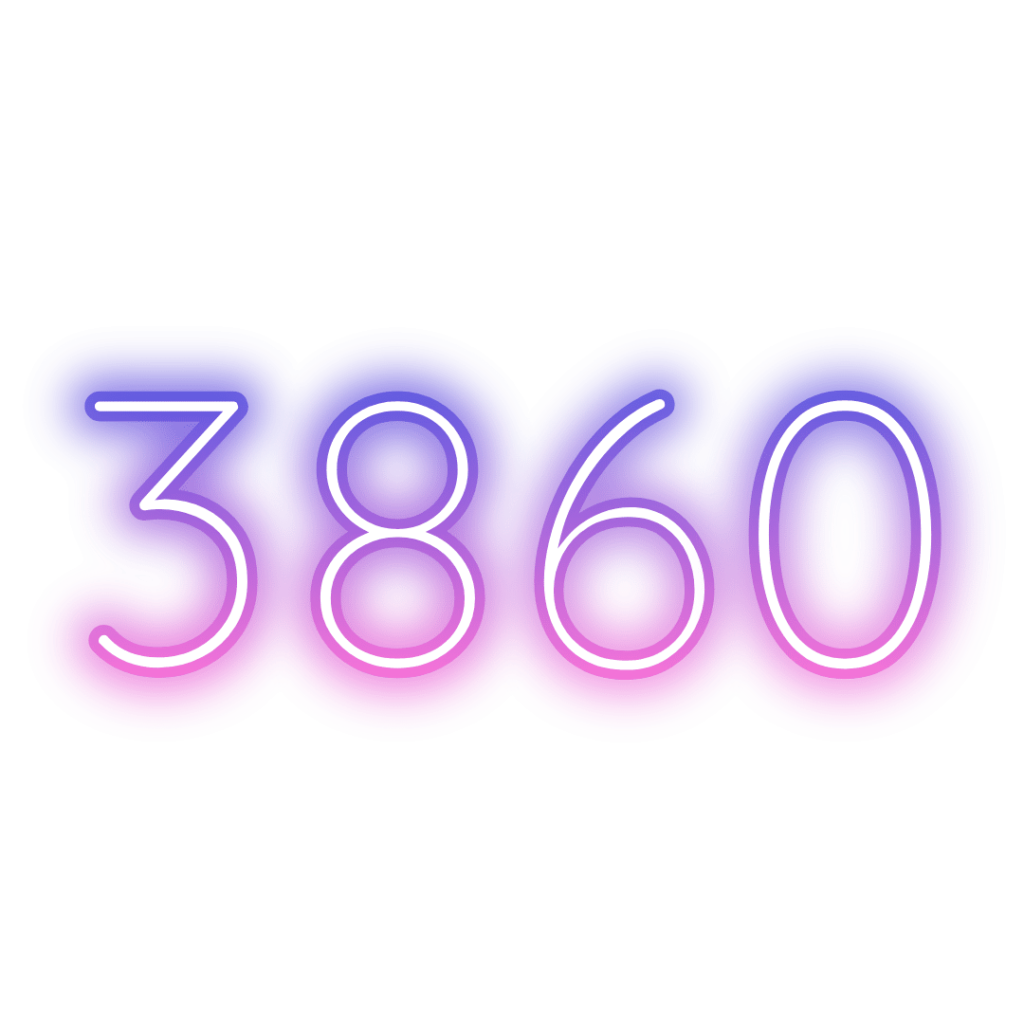
Therapro’s free webinar series launched back in 2019 and has been gaining attention ever since. In 2022 we covered topics including sensory, treatment strategies, conversational skills, bike riding, assistive technology, and math skills. This year we had 3,860 people register for the 10 free webinars we offered. The 2023 webinar lineup is shaping up to be another stellar year; we are looking forward to bringing you topics including apraxia, dyslexia, trauma-informed care, and many more sensory topics!
2022 has been a great year for Therapro, and we are looking forward to all that 2023 will bring. Therapro wishes our many customers a happy and healthy New Year!



